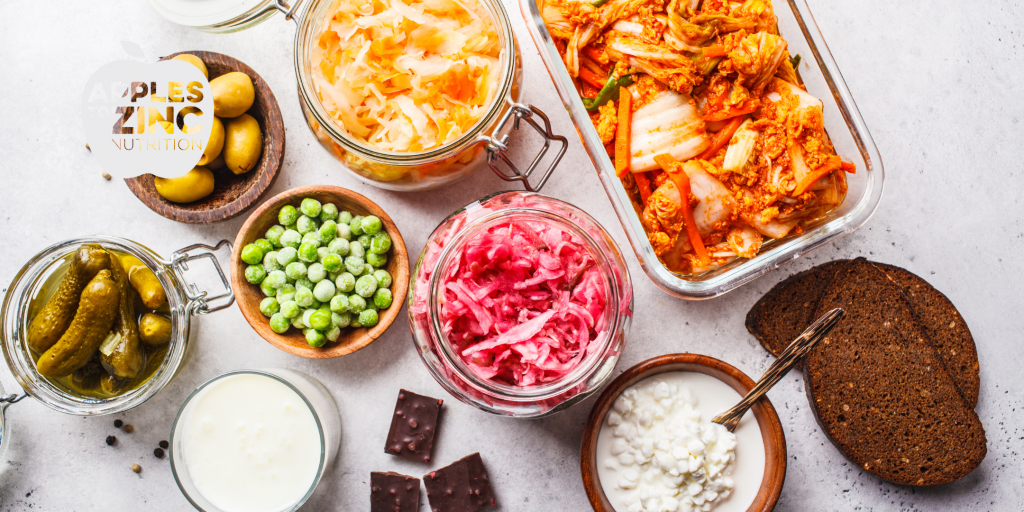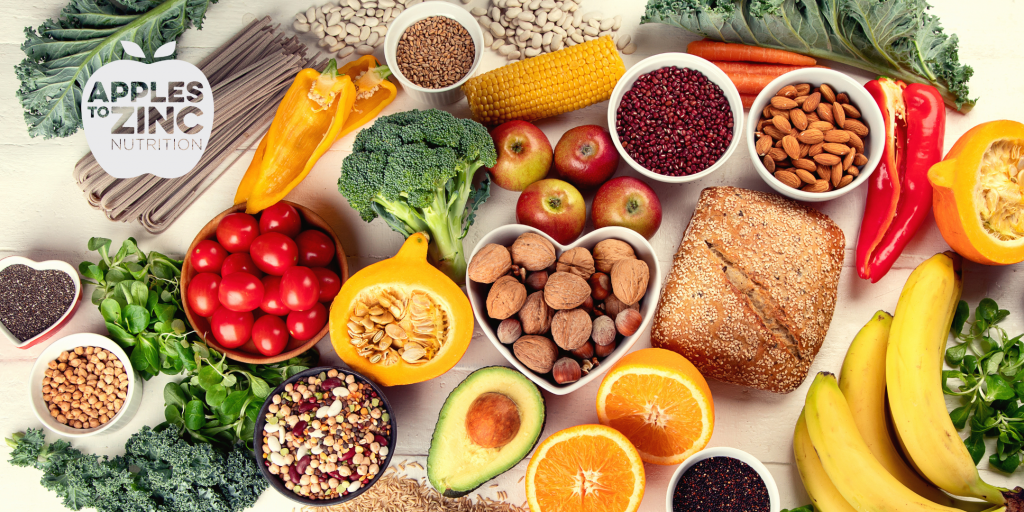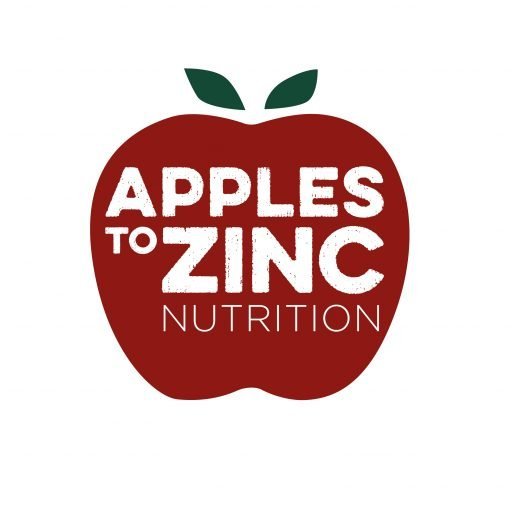What is the difference between a prebiotic and a probiotic? I like to think of it as a prebiotic is food for bugs and the probiotics are the bugs. So lets look at the prebiotics versus probiotics…
THE BUGS
These bugs are known collectively as our microbiome – an ecosystem that lives within humans predominantly in the gut but also in places such as the skin and in the mouth, nose and lungs. They comprise of microorganisms such as bacteria, fungi and viruses. The microbiome is dynamic and can change in response to environmental changes such as diet, exercise, medication, and other elements.
For many years these bacteria were thought of as bad but over time we have realised that many of the microorganisms are beneficial to our health. Supporting digestion, our immune system and protecting us. Of course, there are some non-beneficial bacteria within there but these are often crowded out by the good guys!
PROBIOTICS
Let us start with the probiotics – the bacteria itself. When you see probiotics amongst the supplements on the shelves you are looking at beneficial bacteria. The role of these types of products is to provide you with more of the good bacteria so that you get even more benefits. There are a lot of different types of probiotics on the shelf such as lactobacillus, bifidobacterium or saccharomyces bourlardi – all doing different things but all potentially beneficial to health.
You can also find probiotics in fermented products such as fermented milks (kefir), fermented vegetables (sauerkraut and kimchi) and live natural yogurt.
Should be just take a probiotic supplement? The answer is yes and no. For some people they may be very helpful. For those on any immunosuppressant medications they are dangerous. But how do you know which bacteria you may need? In clinic, when a client has digestive issues, I often offer a stool test which can tell us which bacteria may be lacking and which of the pathogenic bacteria may be present. Understanding that allows us to tailor the probiotic therapy and only give what is necessary – a much safer and potentially effective often.
But, is it not just better to nurture what bacteria we have naturally within us? This is where prebiotics can help.

PREBIOTICS
The bug food! Prebiotics are non-digestible food components within plants that help to stimulate the growth and positive actions of beneficial microorganisms. They are abundant in foods such as apples, green veg, legumes, flaxseed, oats, onions and garlic.
If a food is supplemented with prebiotics, it might be listed as Galactooligosaccharides, Fructooligosaccharides, Oligofructose or Inulin.
Prebiotics are thought to help with calcium absorption, blood glucose regulation, a healthy gut lining, and a reduction in constipation risk.
Taking them in supplement form may not be suitable for those with IBS as they could worsen symptoms. They are also not suitable to those sensitive to FODMAP foods.
The best way to obtain prebiotics is to ensure you eat a variety of vegetables and fruits every day.

If you would like to see how I might be able to support your health and want to understand if a prebiotics versus probiotics would be better why not book in a free call
Janet x
